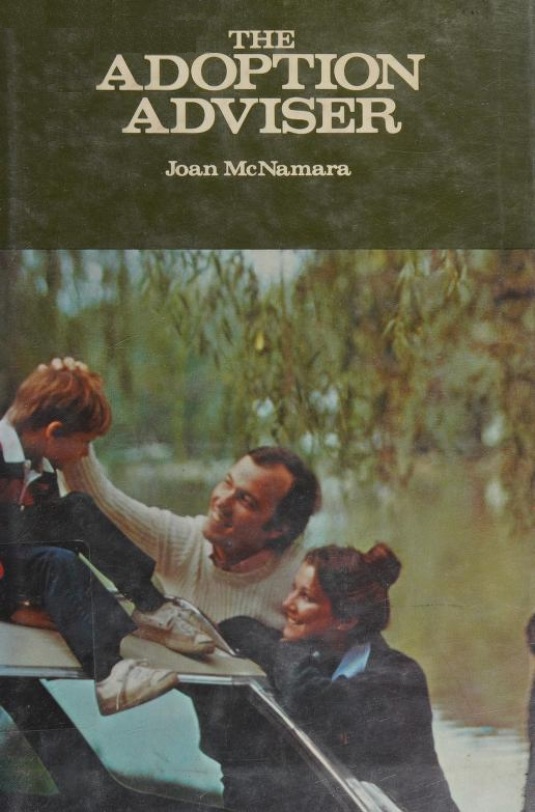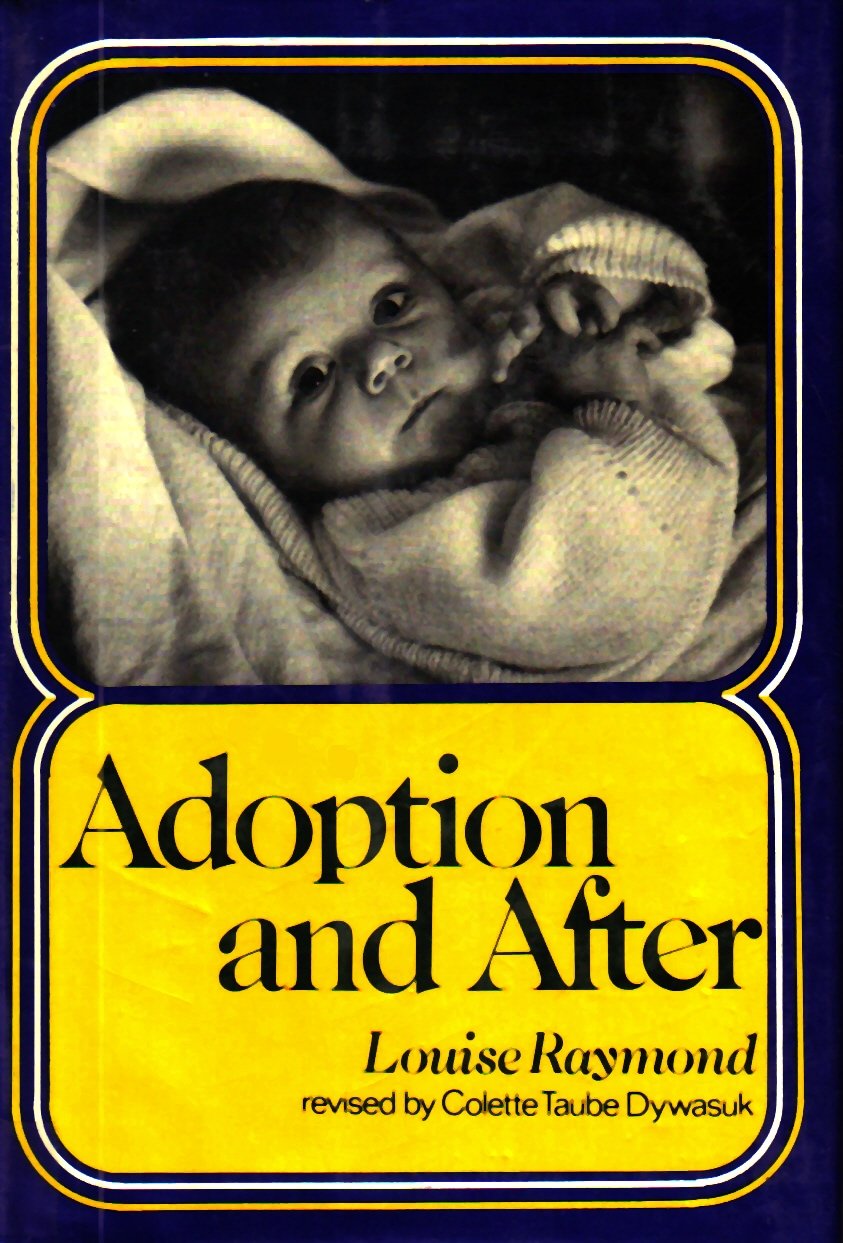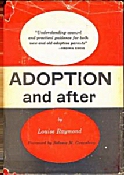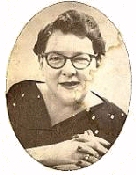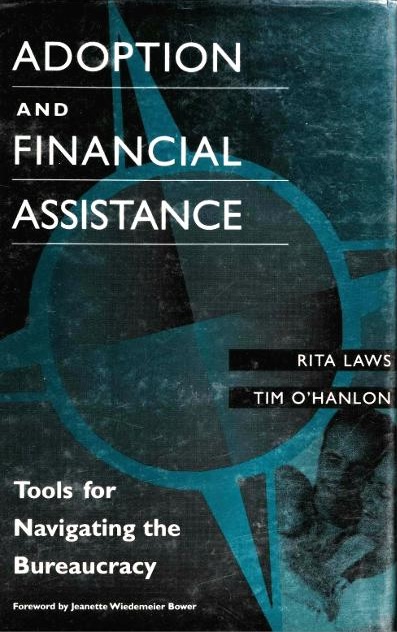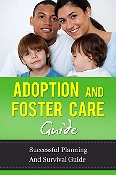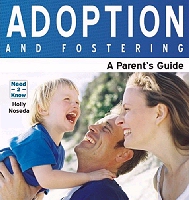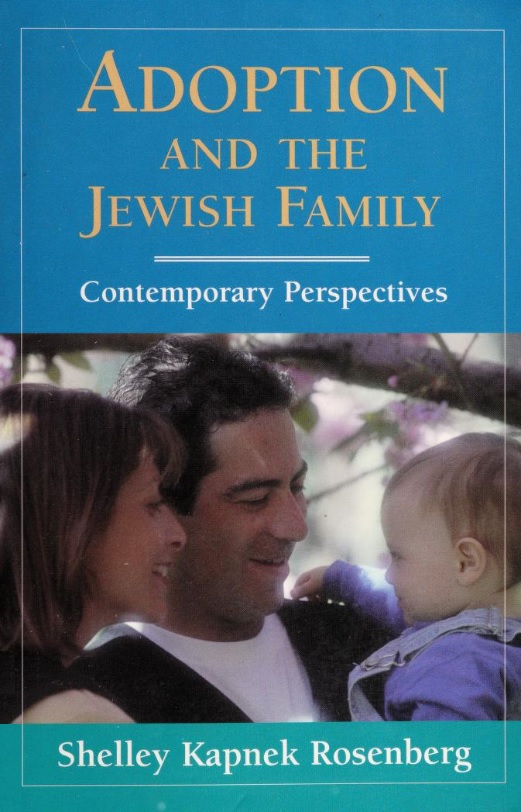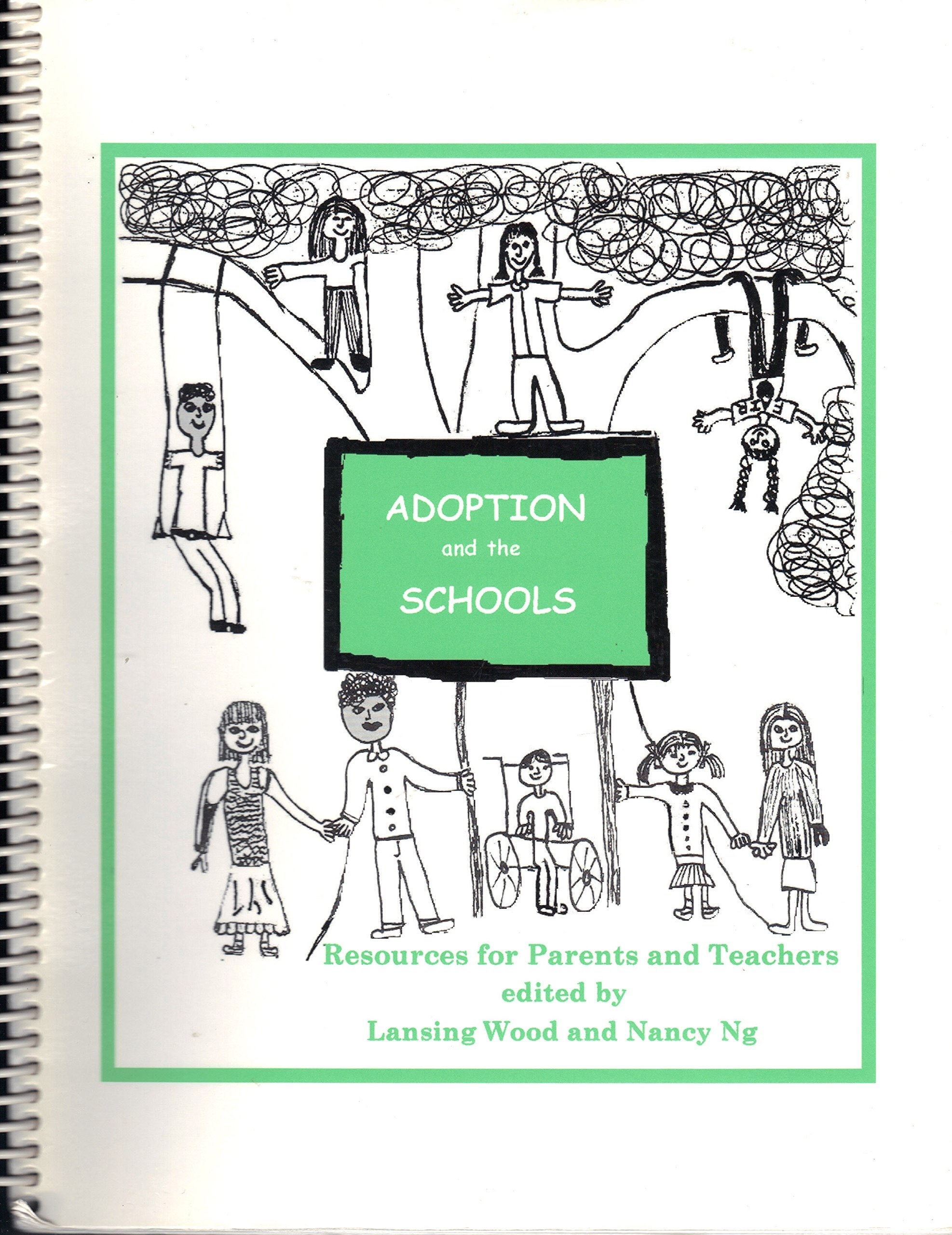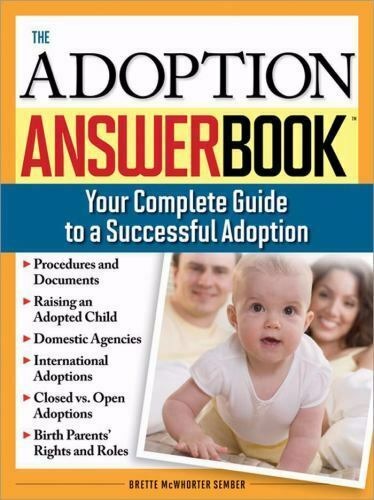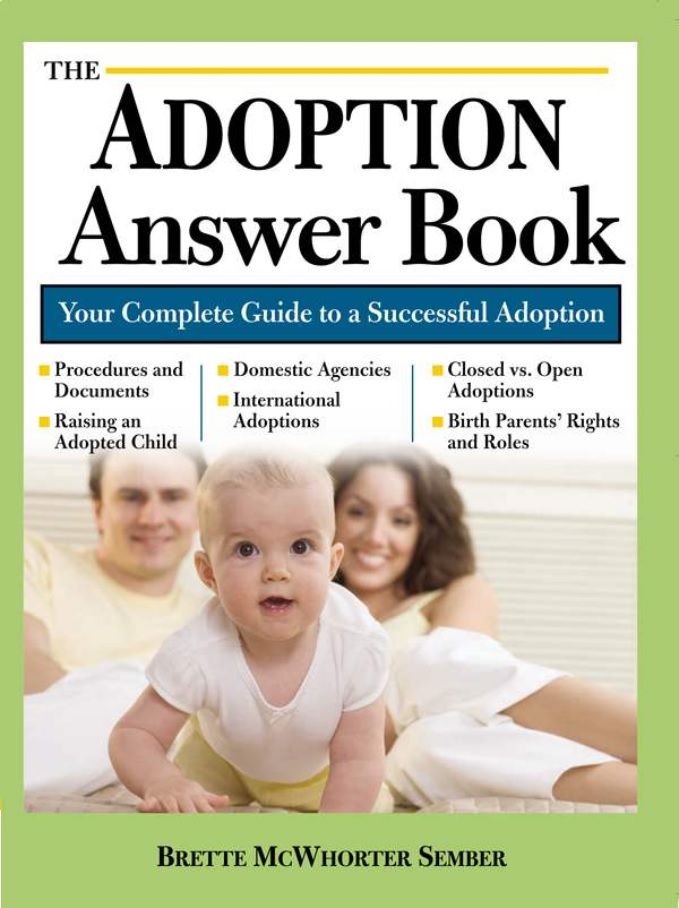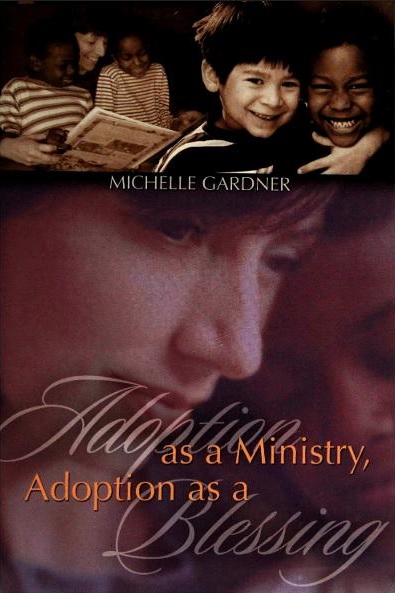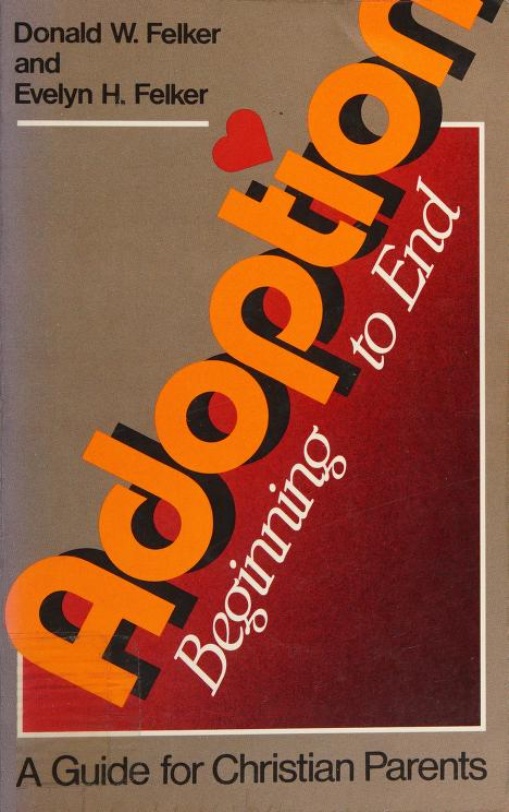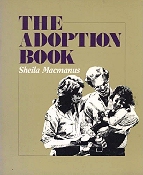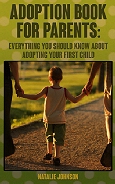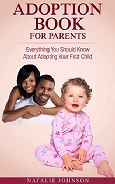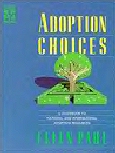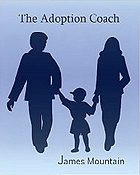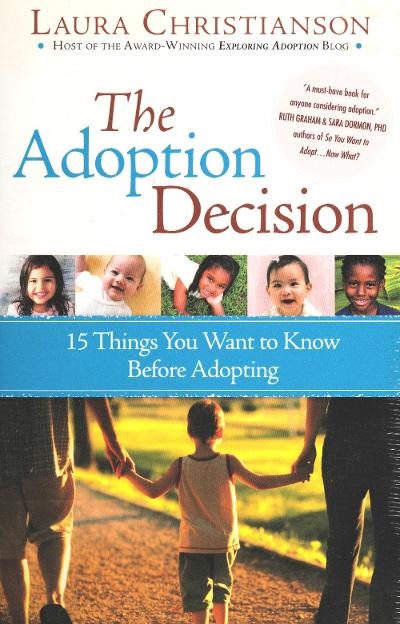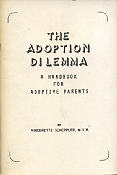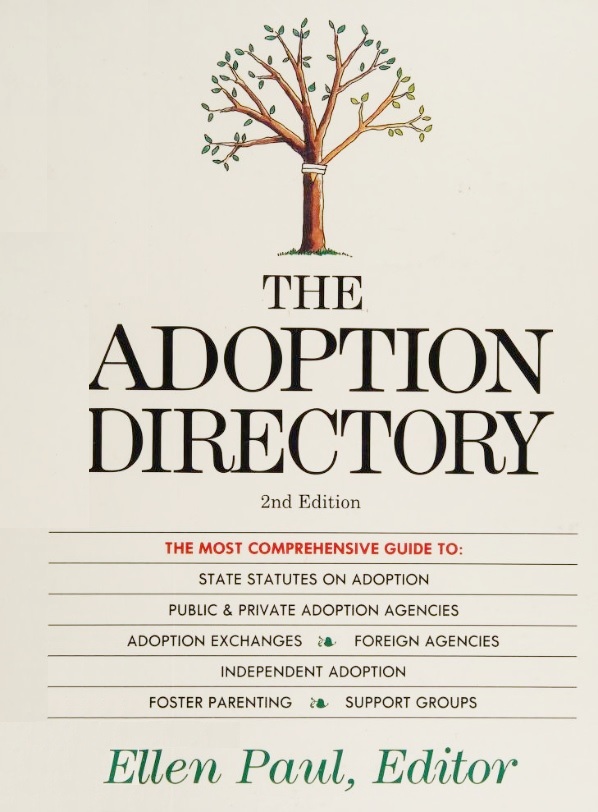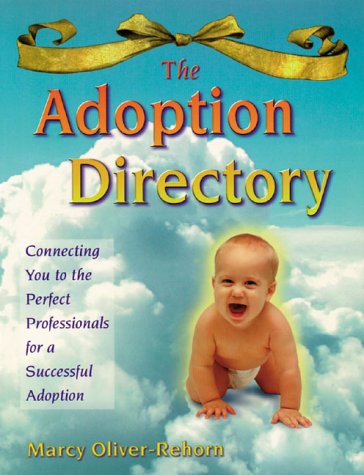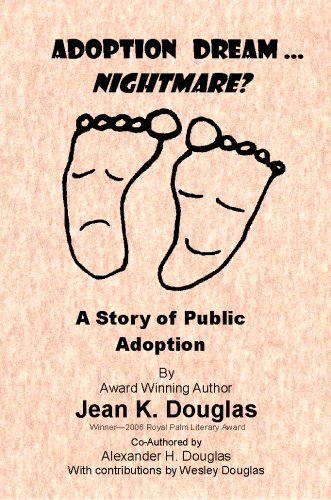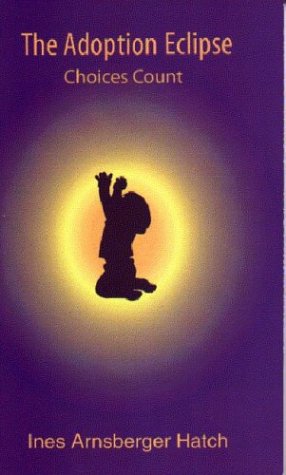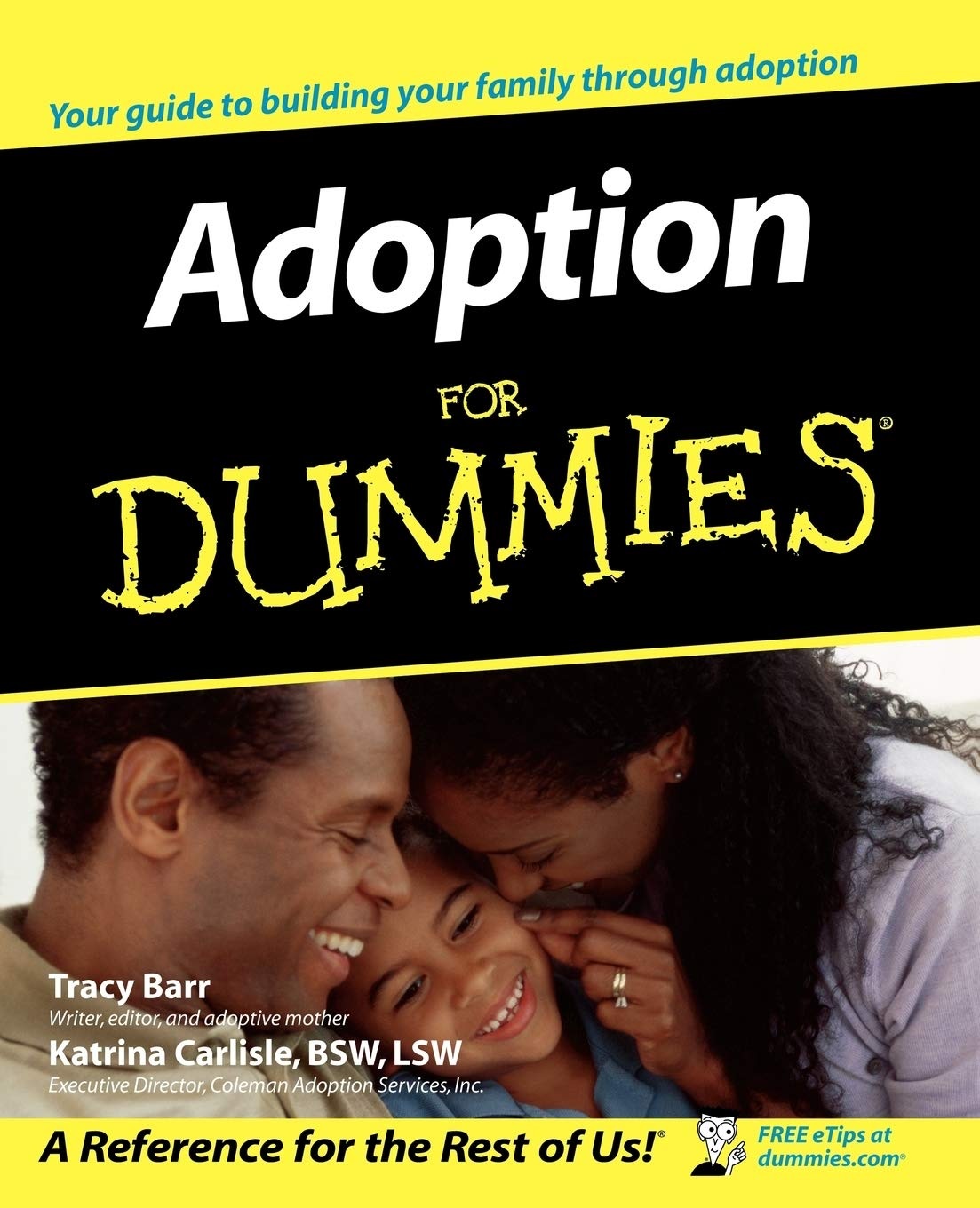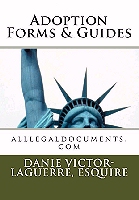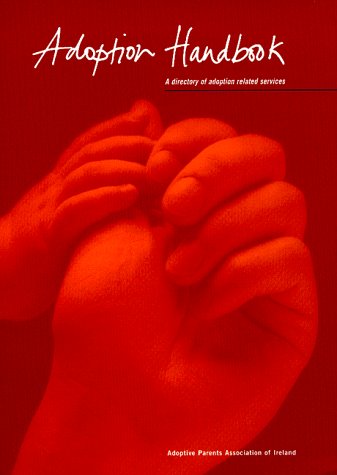From the Back Cover:
Bringing a child into your home may be one of the happiest events in your life. But deciding to adopt can also raise a lot of questions. The Adoption Answer Book is your legal and practical guide to the adoption process. It covers all the different types of adoption and thoroughly explains the processes and procedures you need to go through to make your dream of adopting a child a reality.
This book answers these questions and many more:
• How do I decide whether to adopt?
• Can I adopt my stepchild?
• Should I have an open or closed adoption?
• How do I adopt a child from another country?
• What is a home study, and what is the best way to prepare for one?
• What problems might I encounter in the adoption process?
• How much does it cost to adopt a child?
• Once I adopt a child, can the biological parent change his or her mind?
Whether you are thinking about adoption or have already started the process, The Adoption Answer Book has the information you need to reach your dream.
About the Author:
Brette McWhorter Sember,
received her J.D. from the State University of New York at Buffalo and practiced in New York state before retiring to become a writer. She is the author of more than thirty books, including How to Parent with Your Ex: Working Together for Your Child’s Best Interest, The Infertility Answer Book, Gay & Lesbian Parenting Choices, Your Plus-Size Pregnancy, Your Practical Pregnancy, The Divorce Organizer & Planner, No-Fight Divorce and many more. She is a member of ASJA (American Society of Journalist and Authors) and AHCJ (Association of Health Care Journalists). She is the recipient of the 1999 Media Award from Family and Home Network (formerly Mothers at Home).
Sember has extensive training in cases involving children and was on the Law Guardian panel in three counties. Her practice included adoptions, which she found to be the happiest cases to take place in Family Court. She is also a trained family mediator and is experienced in a wide variety of family issues. Children have always been her main focus throughout her career. Sember currently provides services as a custody coach, providing support, information, and assistance to parents going through custody cases.
Sember writes and speaks often about children and family. Her work has appeared in over 170 magazines including Conceive, Pregnancy, ePregnancy, Fit Pregnancy, American Baby, Single Mother Magazine, and many others. She is the mother of two children.
By the Same Author:
The Complete Adoption and Fertility Legal Guide (2004);
The Infertility Answer Book: The Complete Guide to Your Family-Building Choices with Fertility and other Assisted Reproduction Technologies (2005);
Gay and Lesbian Parenting Choices: From Adopting or Using a Surrogate to Choosing the Perfect Father (2006, Career Press);
Unmarried with Children: The Complete Guide for Unmarried Families (2008, Adams Media); and
The Everything Parent’s Guide to Raising Your Adopted Child: A Complete Handbook to Welcoming Your Adopted Child Into Your Heart and Home (with Corrie Lynn Player & Mary C Owen; 2008, Adams Media).
